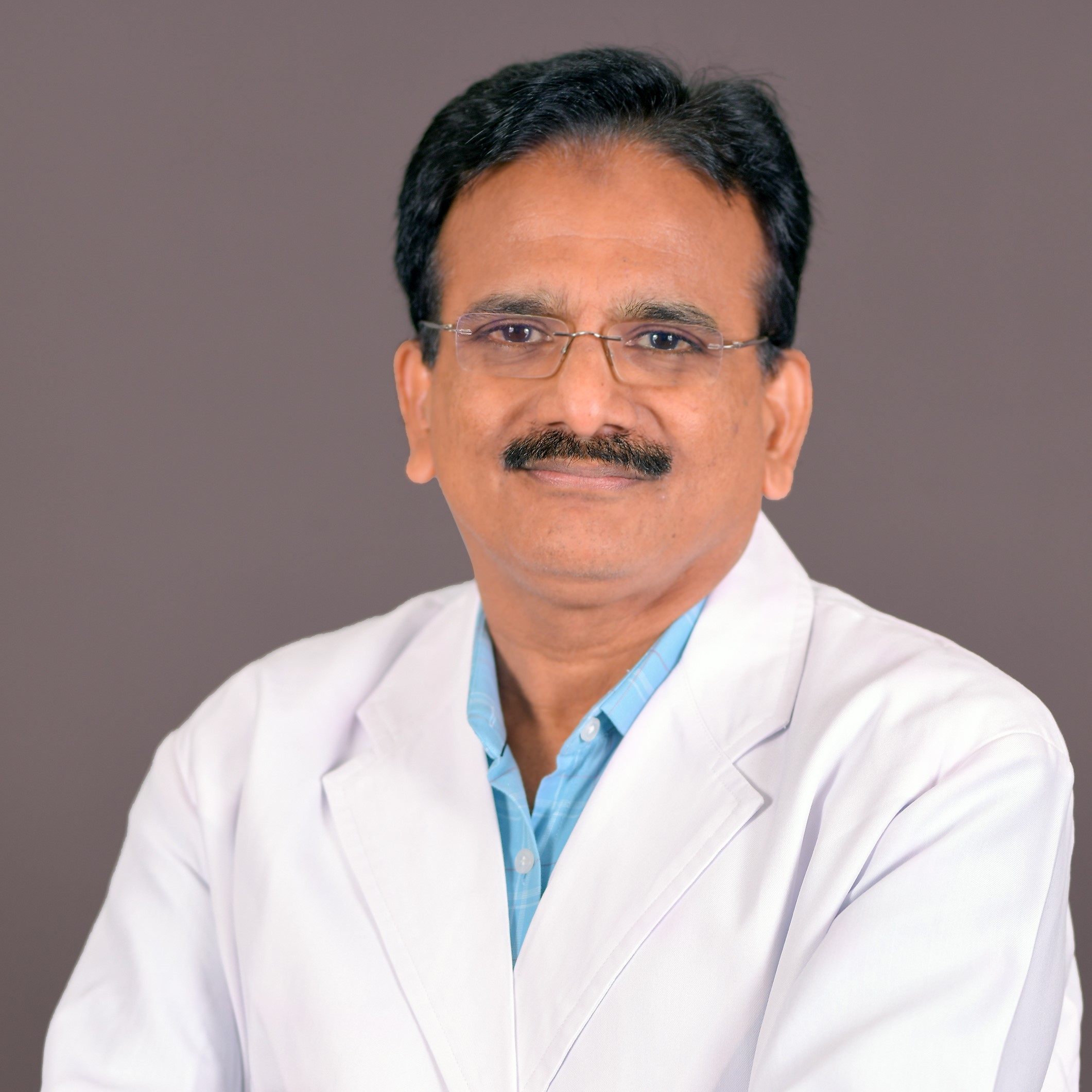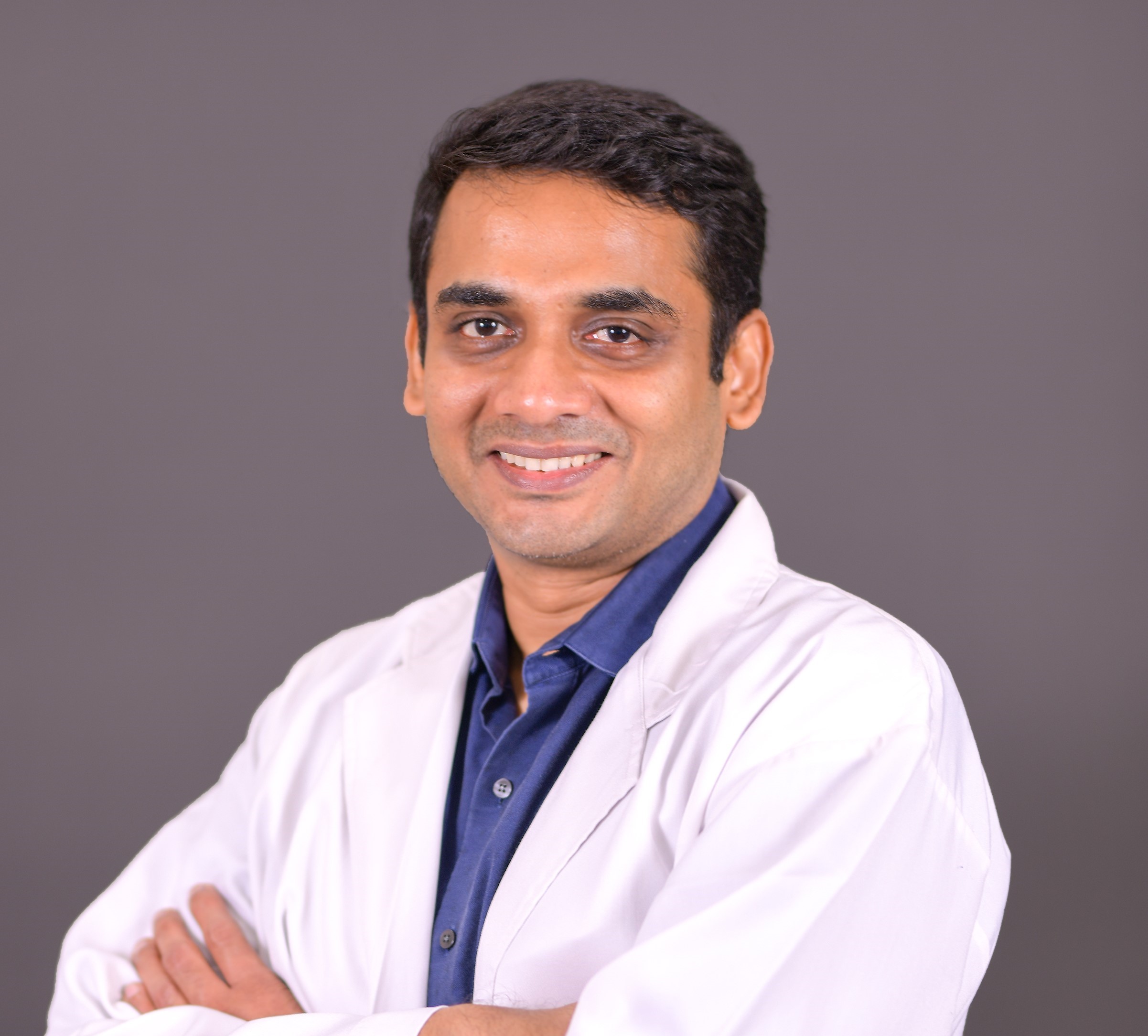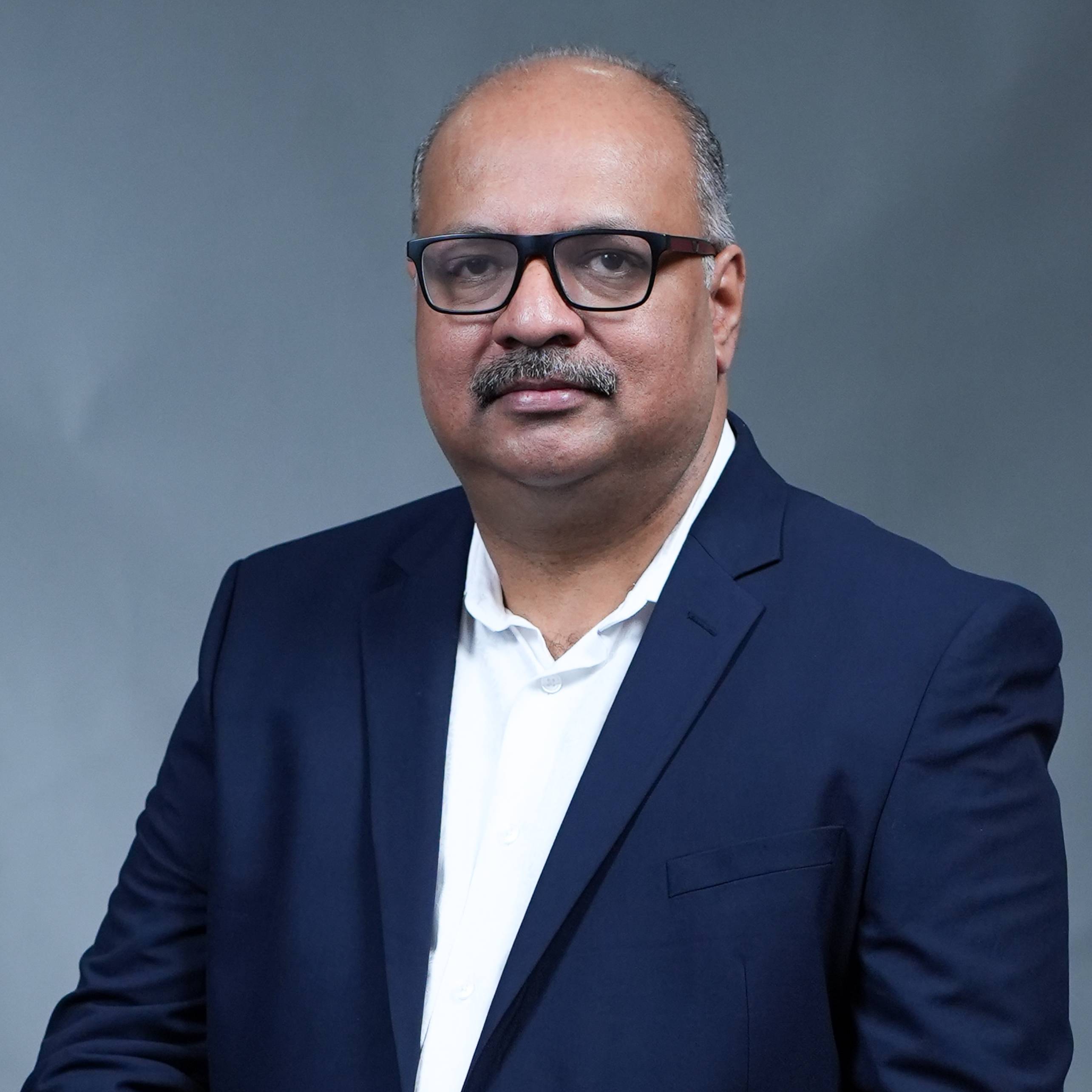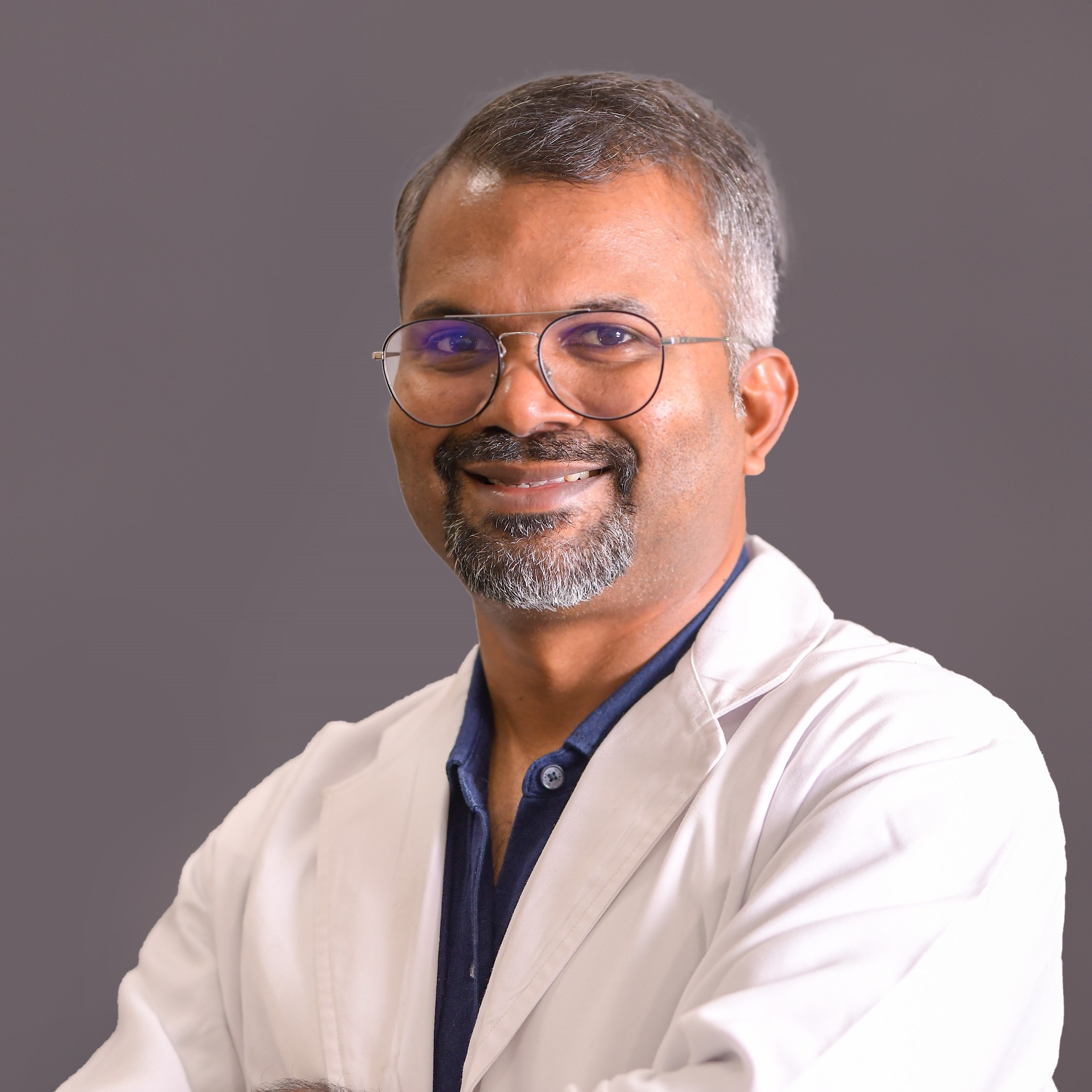- Our Doctors
- Our Specialities
Centres of Excellence
-
 Centre for Blood Diseases, BMT & Cancer Immunotherapy
Centre for Blood Diseases, BMT & Cancer Immunotherapy -
 Centre for Bone, Joint & Spine
Centre for Bone, Joint & Spine -
 Centre for Critical Care Medicine and ECMO Services
Centre for Critical Care Medicine and ECMO Services -
 Centre for Gastrosciences
Centre for Gastrosciences -
 Centre for Heart & Vascular Care
Centre for Heart & Vascular Care -
 Centre for Nephro-Urosciences
Centre for Nephro-Urosciences -
 Centre for Neurosciences
Centre for Neurosciences -
 Centre for Obstetrics and Gynaecology
Centre for Obstetrics and Gynaecology -
 Centre for Organ Transplantation
Centre for Organ Transplantation
Super Speciality
-
 Advanced Diagnostic and Interventional Radiology
Advanced Diagnostic and Interventional Radiology -
 Anesthesiology & Pain Management
Anesthesiology & Pain Management -
 Clinical Nutrition and Dietetics
Clinical Nutrition and Dietetics -
 Dental and Maxillofacial Surgery
Dental and Maxillofacial Surgery -
 Dermatology
Dermatology -
 Emergency and Trauma
Emergency and Trauma -
 Endocrinology and Metabolic Disease
Endocrinology and Metabolic Disease -
 ENT and Head & Neck Surgery
ENT and Head & Neck Surgery -
 Family Medicine
Family Medicine -
 General and Laparoscopic Surgery
General and Laparoscopic Surgery -
 General Medicine
General Medicine -
 GI Onco Surgery
GI Onco Surgery -
 GI Oncology
GI Oncology -
 GI Surgery, Advanced Laparoscopy and Gastro Oncosurgery
GI Surgery, Advanced Laparoscopy and Gastro Oncosurgery
-
- Key Procedures
- Our Hospitals
- International Patient
- Contact us
-
Quick Links

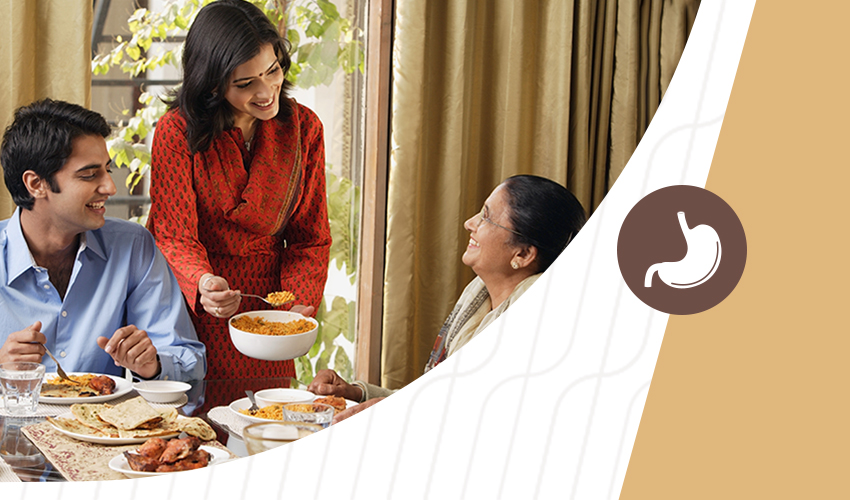
Endoscopy
Endoscopy is a valuable medical procedure that allows doctors to visualize and examine the internal organs and tissues of the body, helping to treat and diagnose a variety of medical conditions.
During an endoscopy procedure, a flexible tube with a light and camera attached to it is inserted through the mouth, nose, or rectum, and guided to the area of interest. The camera captures images of the internal organs and tissues, which are transmitted to a monitor for the doctor to view. The doctor can then make a diagnosis or perform a treatment based on what is seen on the monitor.
Endoscopy is a safe procedure that is usually performed on an outpatient basis. It is minimally invasive, meaning that there is little, or no scarring and the recovery time is short. Most patients can return to normal activities the same day or the day after the procedure.
With advanced technology, skilled medical professionals we offer a comprehensive approach to medical care, ensuring that they receive the best possible treatment and outcomes.
Successful cancer surgery in the removal of complex 2kg tumor | Dr. Rohit Ravindran and Dr. Shanavas Kakkat, Meitra Hospital
Meet Our Doctors
Dr. Rohit Ravindran
HOD & Senior Consulta...
Gastrointestinal Surgery
View Profile Book an AppointmentDr. Jijo V Cherian
Medical Director & Se...
Medical Gastroenterology
View Profile Book an AppointmentDr. Shanavas Kakkat
Senior Consultant - C...
Gastrointestinal Surgery
View Profile Book an AppointmentFrequently Asked Questions:
How do I prepare for an endoscopy?
Your doctor will give you instructions on how to prepare for the procedure, which may include fasting for a period of time before the procedure, taking medication to prepare the bowel, or adjusting medication that you are currently taking. It is important to follow these instructions carefully to ensure that the procedure is safe and effective.
Is endoscopy painful?
Endoscopy is a minimally invasive procedure that causes minimal discomfort. The doctor may use local anesthesia or conscious sedation to help you relax and minimize discomfort during the procedure. Most patients are able to return to their normal activities soon after the procedure.
What can I expect after endoscopy?
After the procedure, you may experience mild bloating, cramping, or a sore throat. These symptoms typically resolve on their own within a few hours. Your doctor will give you instructions on how to care for yourself after the procedure and when to follow up. If you experience severe pain, fever, or other concerning symptoms, contact your doctor immediately.

 +91 9393 108 108
+91 9393 108 108










































